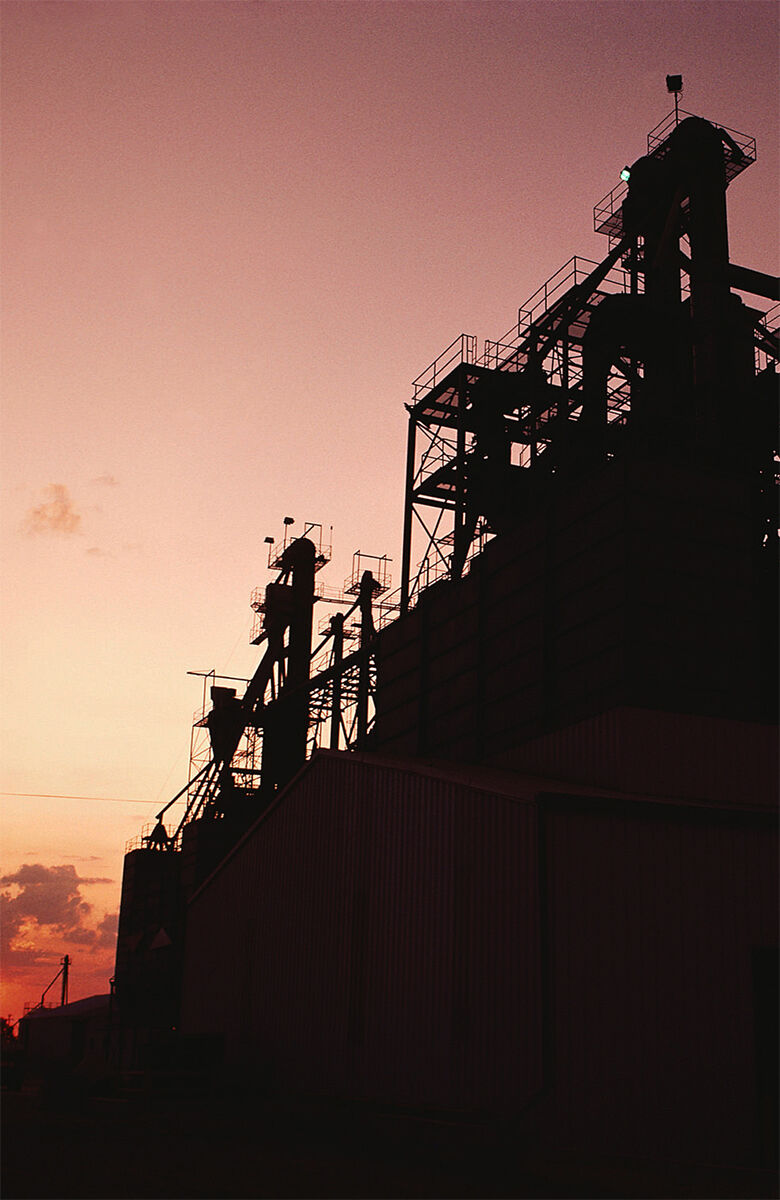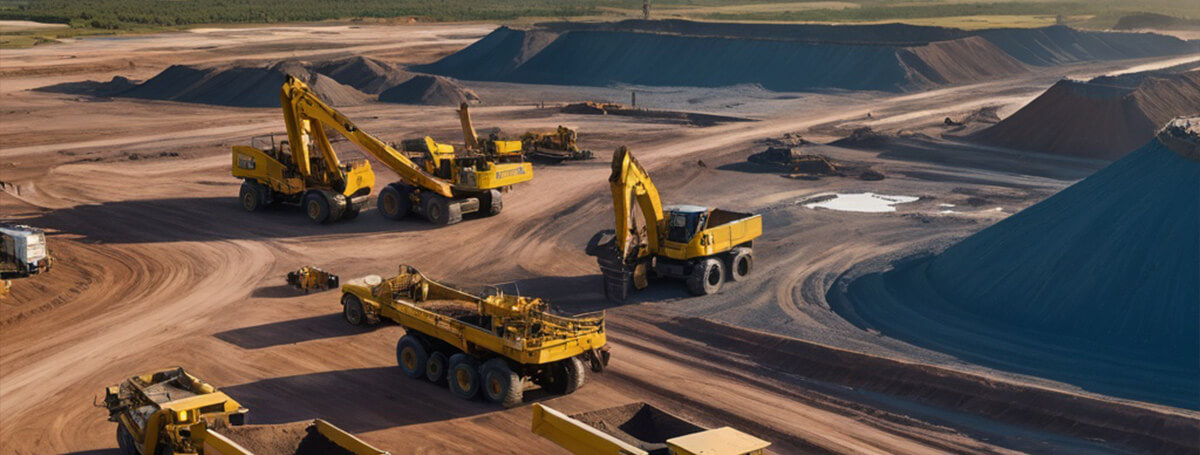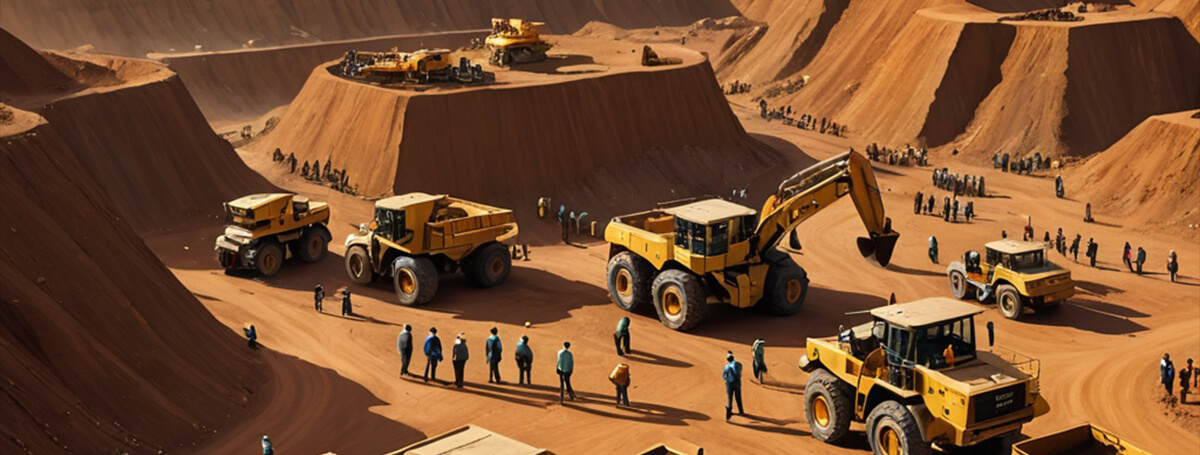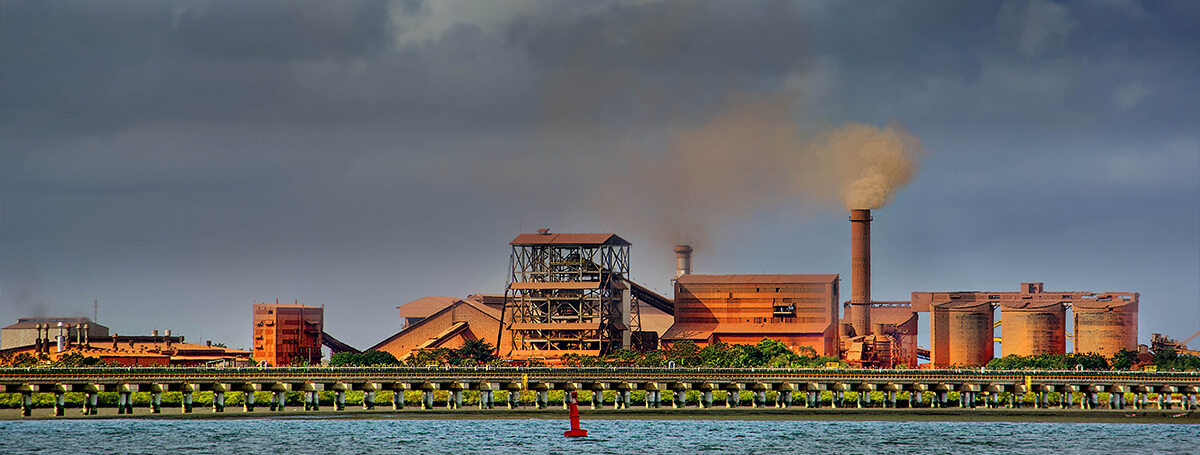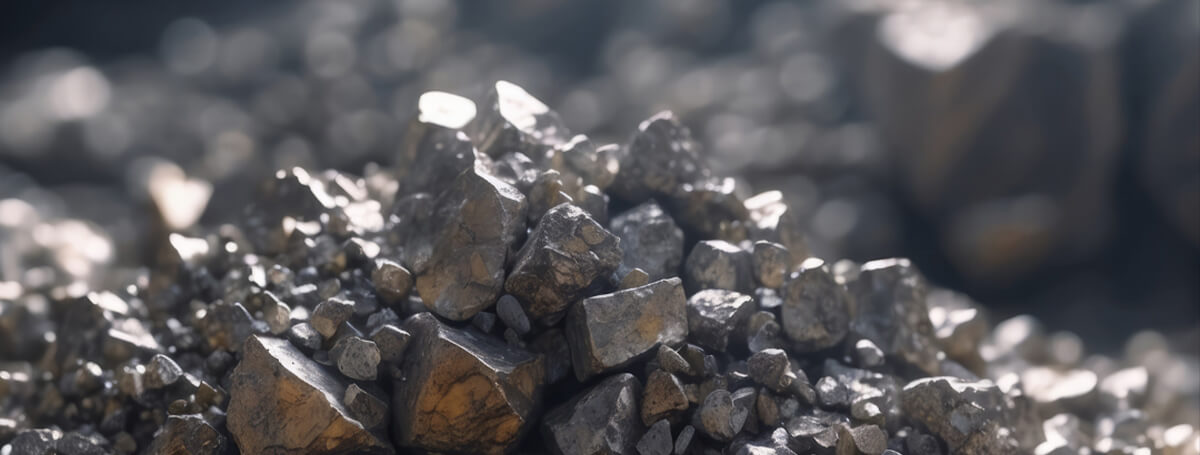Advising Resource Companies
Key Issues
Capacity
Mineral companies should carefully consider the project’s development and future capacity requirements when negotiating and providing for infrastructure access. The terms of access should clarify the amount of capacity on the network to be allocated to the mineral company (e.g. in terms of tonnes per annum in the case of iron ore) and whether this is on a “wet” or “dry” basis.
Charges
Charges may be subject to escalation based on, for example, a price index. Charges may also include a capital recovery component for the amortisation of capital costs associated with land acquisition and the cost of establishing and replacing infrastructure capacity over time. In some jurisdictions, access charges may be subject to approval by competition or other regulatory authorities.
Government/Regulatory Approvals
The contracting parties should bear in mind that the terms on which access is granted by an incumbent network operator may require approval from government or regulatory authorities (such as competition or port authorities)
The mineral company should take into account the normal timeframe for the granting of such approval(s) together with the costs involved.
Term
Listed companies should bear in mind that the rules of the exchange upon which they are listed may include provisions limiting the term or operation of certain agreements. Connected transactions in particular may be subject to shareholder approval and be subject to limited to a certain time period. For example, under the Hong Kong Stock Exchange rules, continuing connected transactions are generally only permitted for three year periods (after which shareholder approval must be refreshed). The applicable exchange rules may apply different tests to connected transactions than it does to transactions entered into at arm’s length and including normal commercial terms with non-connected third parties.
New and Auxiliary Infrastructure
In some cases, the parties will need to construct new infrastructure or expand existing infrastructure (for example, product loading infrastructure or a new berth at port). The access agreement will need to set out detailed arrangements dealing with the timetable for construction of such infrastructure, financing and ownership.
Where the mineral company has constructed its own infrastructure (such as product loading infrastructure or rail sidings), the agreement will need to include specific provisions where such infrastructure has a direct operational interface with the network owner / operator’s transport infrastructure. The agreement should address how the relevant infrastructure should be constructed and maintained to a standard that best ensures the project’s safe and efficient operation. A network operator may also stipulate certain minimum handling specifications for product to be transported on the network.
If mine product is to be stockpiled, the parties should consider whether minimum stockpile levels should be maintained to effect efficient transport operations.
Management Committee
Where the access arrangement include the construction of new infrastructure, the parties should consider the establishment of a management committee to oversee and manage the planning, construction and budgeting of capital works and procurement together with the operation of the infrastructure and scheduling of services. A management committee may also be a useful mechanism to facilitate the general monitoring, identification and implementation of reasonable and practical solutions to problems that may arise during the lifetime of the access agreement.
The access agreement should include basic provisions on the appointment of members to the management committee and the conduct and regularity of meetings.
Read our latest News
Mosaic to sell Brazilian phosphate mine in $125 million deal
NATURAL RESOURCES News On January 13, 2025, US fertilizer giant Mosaic (NYSE: MOS) announced the sale of its phosphate mine and tailings dams in Patos de Minas, Brazil, to Fosfatados Centro for $125 million, payable over six years....
Mali to get $1.2bn from miners after talks
NATURAL RESOURCES News On 13 January 2025, Mali is set to receive 750 billion CFA francs ($1.2 billion) from miners in the first quarter of 2025, following an overhaul of its mining sector. This follows a December payment of 500...
Friedland considers floating African iron ore company on ASX
NATURAL RESOURCES News On 12 November. 2024 mining tycoon Robert Friedland is reportedly planning to list his iron ore company, Ivanhoe Atlantic, on the Australian Securities Exchange (ASX) by mid-2024. The IPO aims to raise capital...
Coeur Mining to acquire Canada-based SilverCrest for $1.7bn
NATURAL RESOURCES News On 12th October 2024, US-based Coeur Mining announced its agreement to acquire Canadian firm SilverCrest Metals for approximately $1.7 billion, creating a leading global silver company amid rising demand for...
Zambia plans state firm to own 30% of critical minerals mines
NATURAL RESOURCES News On 12 September, 2024 in a strategic move to enhance the country's benefits from its critical mineral resources, Zambia has unveiled plans to establish a state-owned firm that will hold a 30% stake in all new...
First Quantum starts up Zambia nickel mine, enters standstill deal with Jiangxi
NATURAL RESOURCES News On 23 August, 2024 TSX listed First Quantum Minerals announced that it has achieved commercial production at its Enterprise nickel mine in Zambia, set to become Africa's biggest nickel operation. This...
